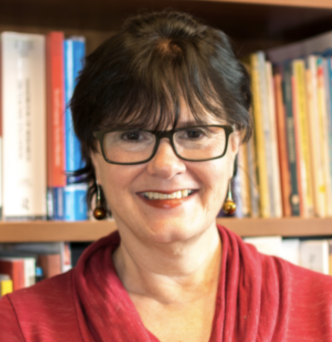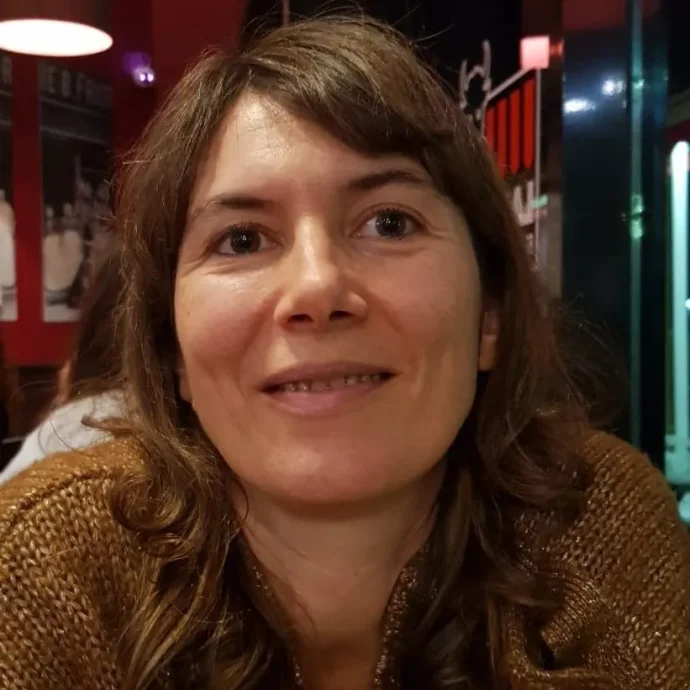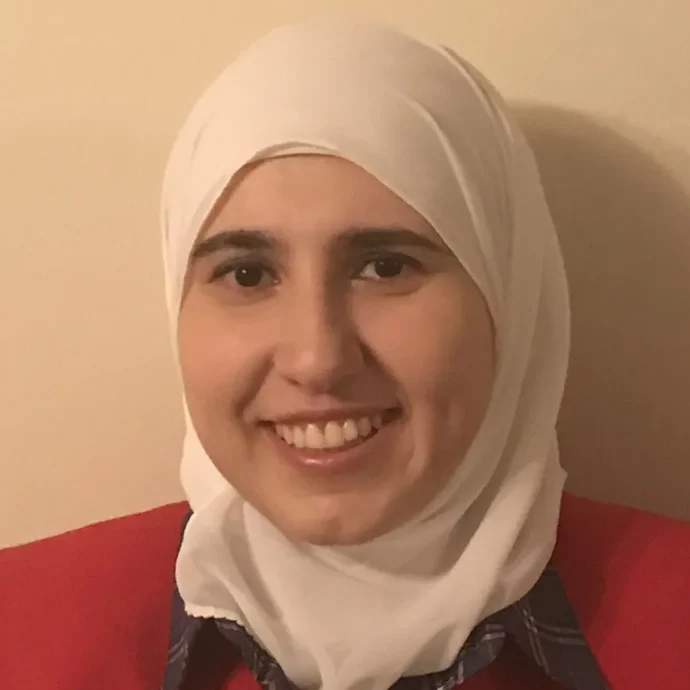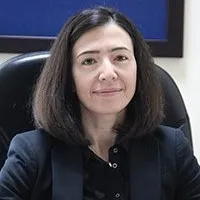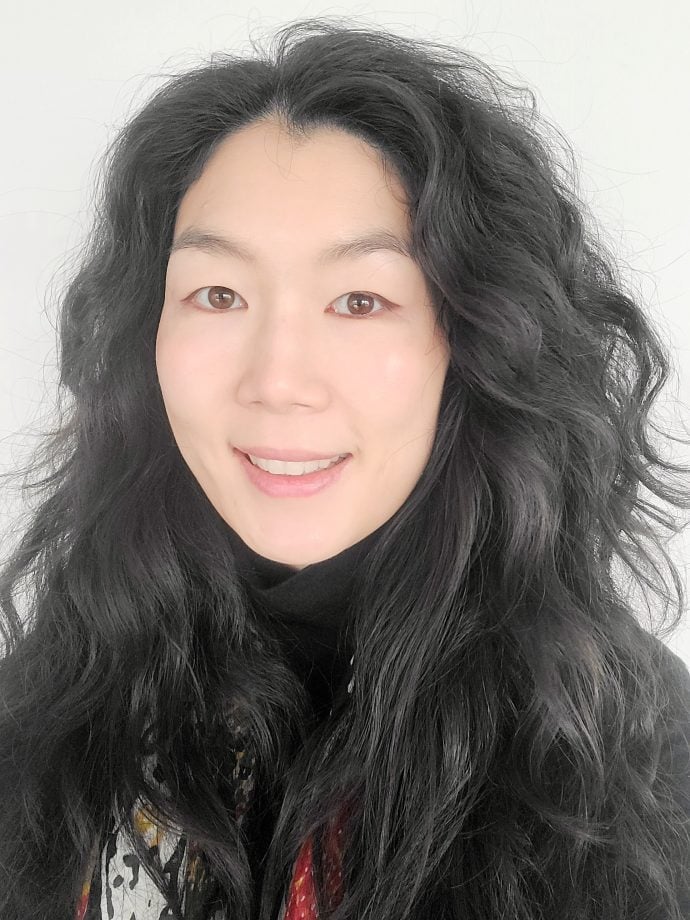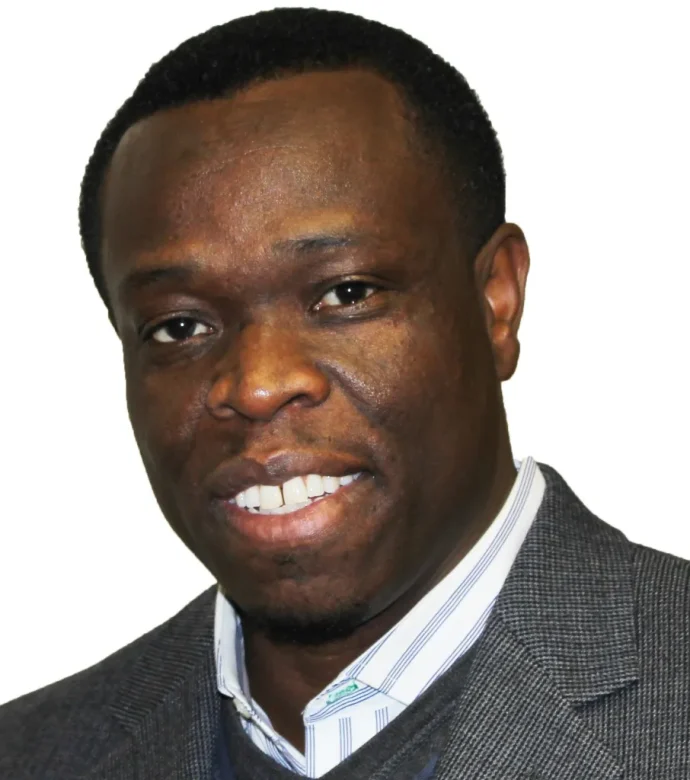Our Activities
Pilot Project: Emmanuelle Le Pichon & Jim Cummins conducted research in one school in Toronto, Canada – this springboarded everything!
SSHRC & MITACS Grants: More researchers joined the project and we started expanding beyond Ontario.
Today we are a research team of 15 + graduate students and professors, creating language friendly resources for math and science classrooms, offering workshops in schools and community centers for parents, and disseminating our learnings with everyone we can!
Framework
Language Friendly Pedagogy
Students learn better and faster when they also learn through their mother tongue.
Fostering inclusive and culturally responsive education environments benefit students, educators, parents, and the broader school community.
Language Friendly Schools gain access to resources, workshops, and effective pedagogical strategies.
Check out Language Friendly Schools for more information.
Reciprocal Knowledge
Reciprocal Knowledge is a critical perspective that compares knowledge by identifying similarities and differences, while maintaining a respectful asset-based viewpoint, with the aim to enrich classrooms and curricula. By using this framework, we seek to enhance our understanding of students’ and their communities’ knowledge, creating opportunities to question our own approaches and curriculum content. We view multilingualism positively, seeing students’ linguistic and cultural experiences as assets. Challenging notions of researcher superiority, our team analyze their home country curricula, in an attempt to frame student mobility as an enrichment of the host school system.
Critical Intercultural Education
We adopted the approach of critical interculturalism, emphasizing the need to question assumptions behind cultural claims and the power dynamics they may conceal (Dervin & Hahl, 2015). This relates to social justice, requiring careful evaluation of similarities and differences. A key issue in educating newcomer students is the one-sided perspective: they are often viewed only in terms of gaps relative to the host country’s curriculum. They are usually tested upon arrival based on the host country’s expectations. However, criticality in education requires reversing unilaterality by including the perspectives of students and families, considering their training, context, mother tongue, and funds of knowledge.



